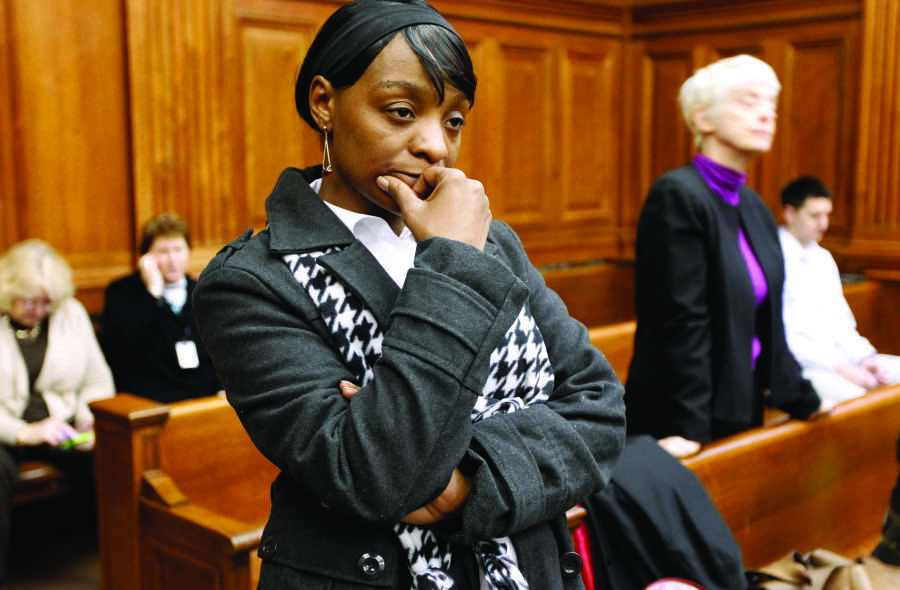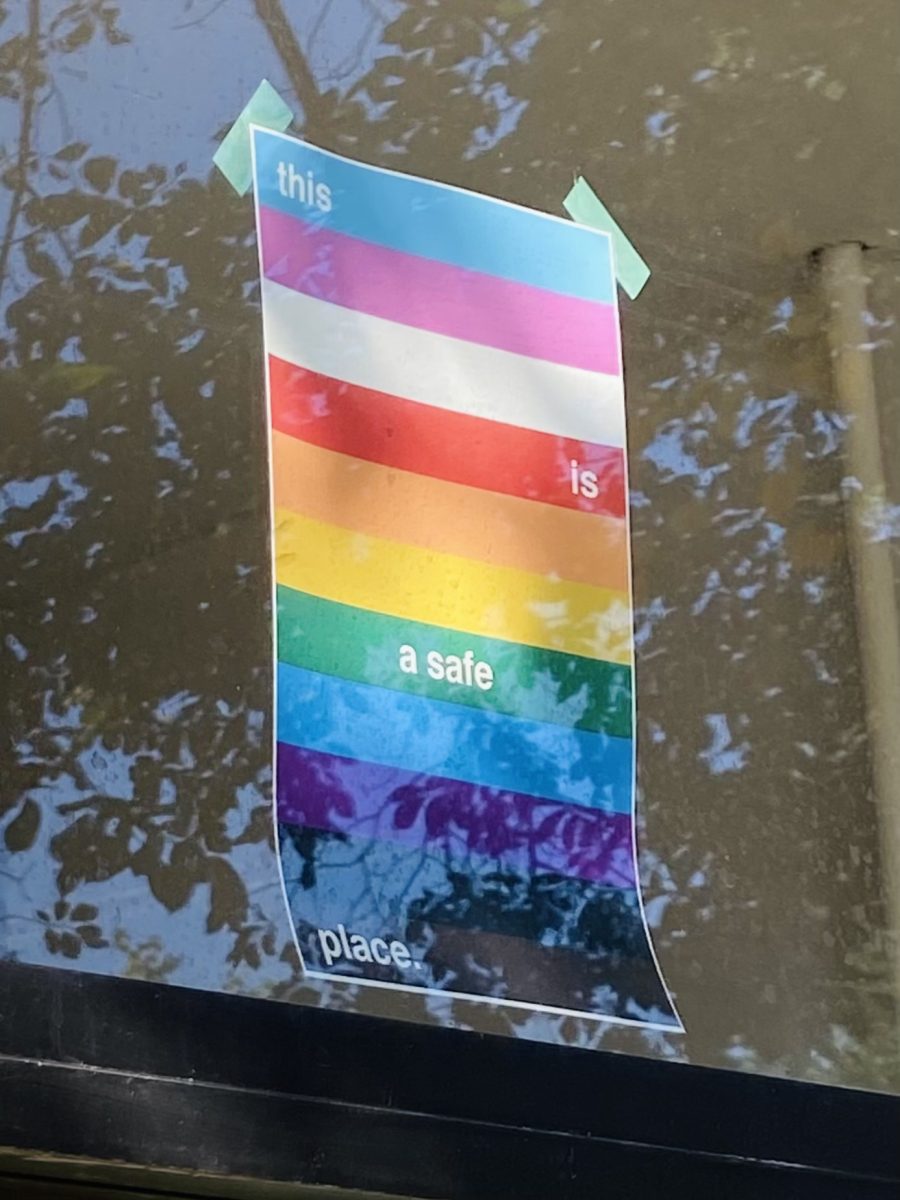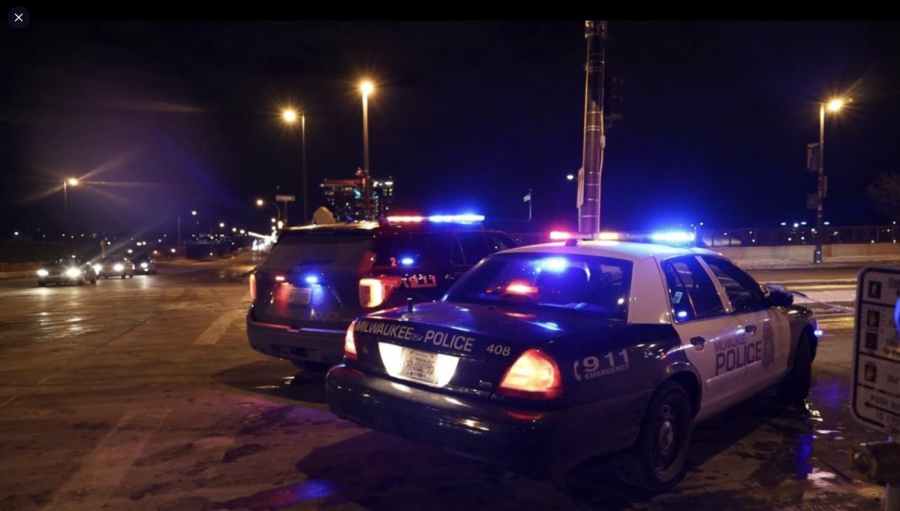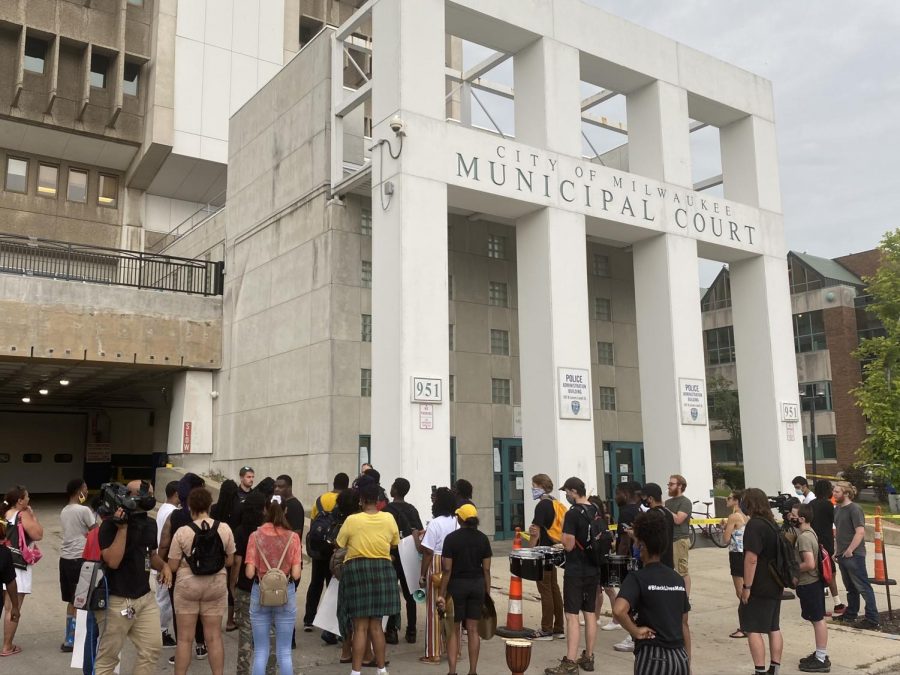
Proceedings for the inquest trial regarding the July 2011 death of Derek Williams began Monday with the selection of nine jurors — seven women and two men. The court called and questioned a jury pool of 32 people.
Williams, 22, was taken as a robbery suspect by Milwaukee police officers into a squad car. Initially, the medical examiner ruled the death as natural causes. However, a video obtained by the Milwaukee Journal Sentinel found that Williams had been struggling for life, begging for help from the officers and gasping for air in the back seat for close to eight minutes.
In the days following the release of the video, the examiner changed the cause of death from natural to homicide. Milwaukee District Attorney John Chisholm opened the investigation when the video was released and originally took on the case. Both the Milwaukee Police Department and the Milwaukee Fire and Police Commission cleared the officers involved of all wrongdoing.
The inquest will be conducted by special prosecutor John Franke, who will then present his case to the jury. The jury will then deliver a verdict deciding whether formal charges will be filed.
“An inquest is a formal proceeding called by a judge or requested by the district attorney to investigate a suspicious death to see if criminal charges should issue,” said Greg O’Meara, an associate professor at the Marquette Law School.
The inquest is a result of the public’s response to the video, said Daniel Blinka, another professor at the Law School.
“Initially the medical examiner’s office cleared the police officers, finding no homicide,” Blinka said. “The district attorney concurred, as I recall. When the video emerged, both the medical examiner and the district attorney reassessed their opinions. The inquest jury is part of that process, one that is open to the public and which permits the public to hear and see the evidence that bears on possible charges.”
This case has gotten a lot of attention both locally and nationally. Milwaukee residents have said this case was an incidence of police brutality.
“Regardless of any decision to charge or not to charge, the public will have a better understanding of what happened to Mr. Williams even if people disagree with whatever decision is made,” Blinka said.
Joe Kvartunas, a junior in the College of Communication who went to the courthouse Monday morning, said the case is important to the city of Milwaukee.
“The inquest will be vitally important to the relationship between the public, especially those in low income areas, and the Milwaukee police,” Kvartunas said. “It remains to be seen how the inquest will play out, but the ruling certainly has the potential to increase or decrease tensions between the public and the police.”
The inquest is expected to last about a week, or possibly longer. Depending on the jury’s recommendation, there could be a criminal trial in the future.








